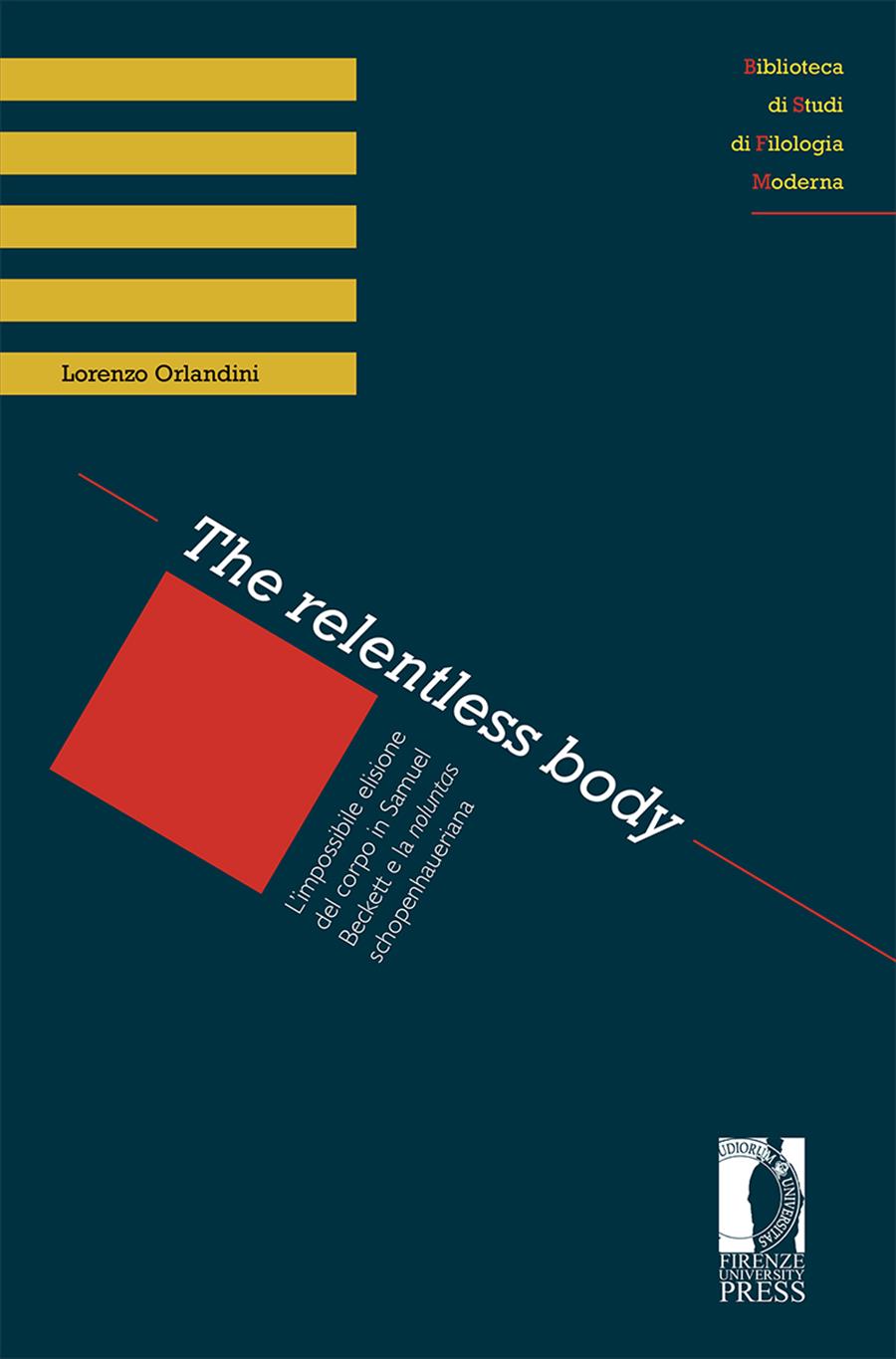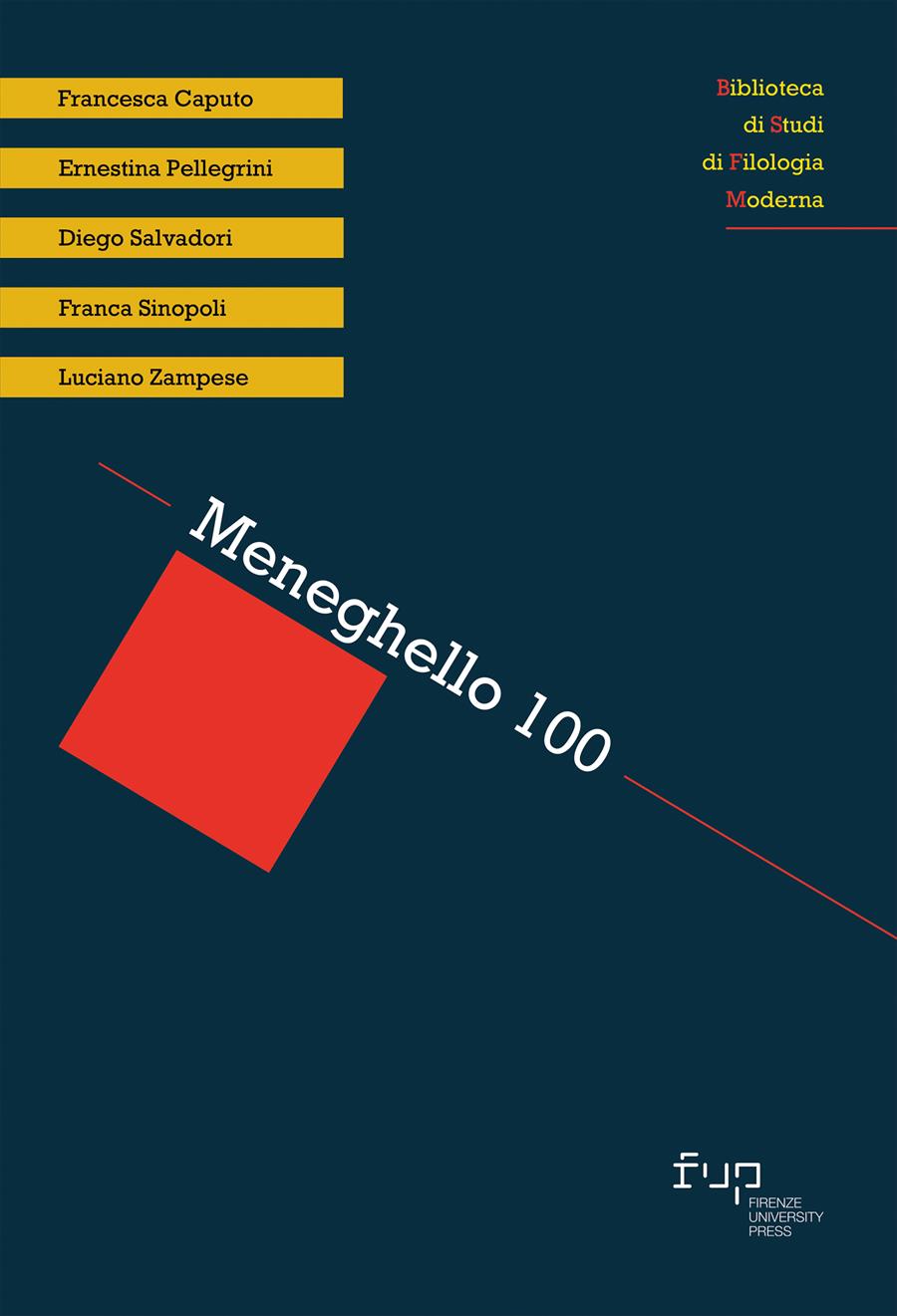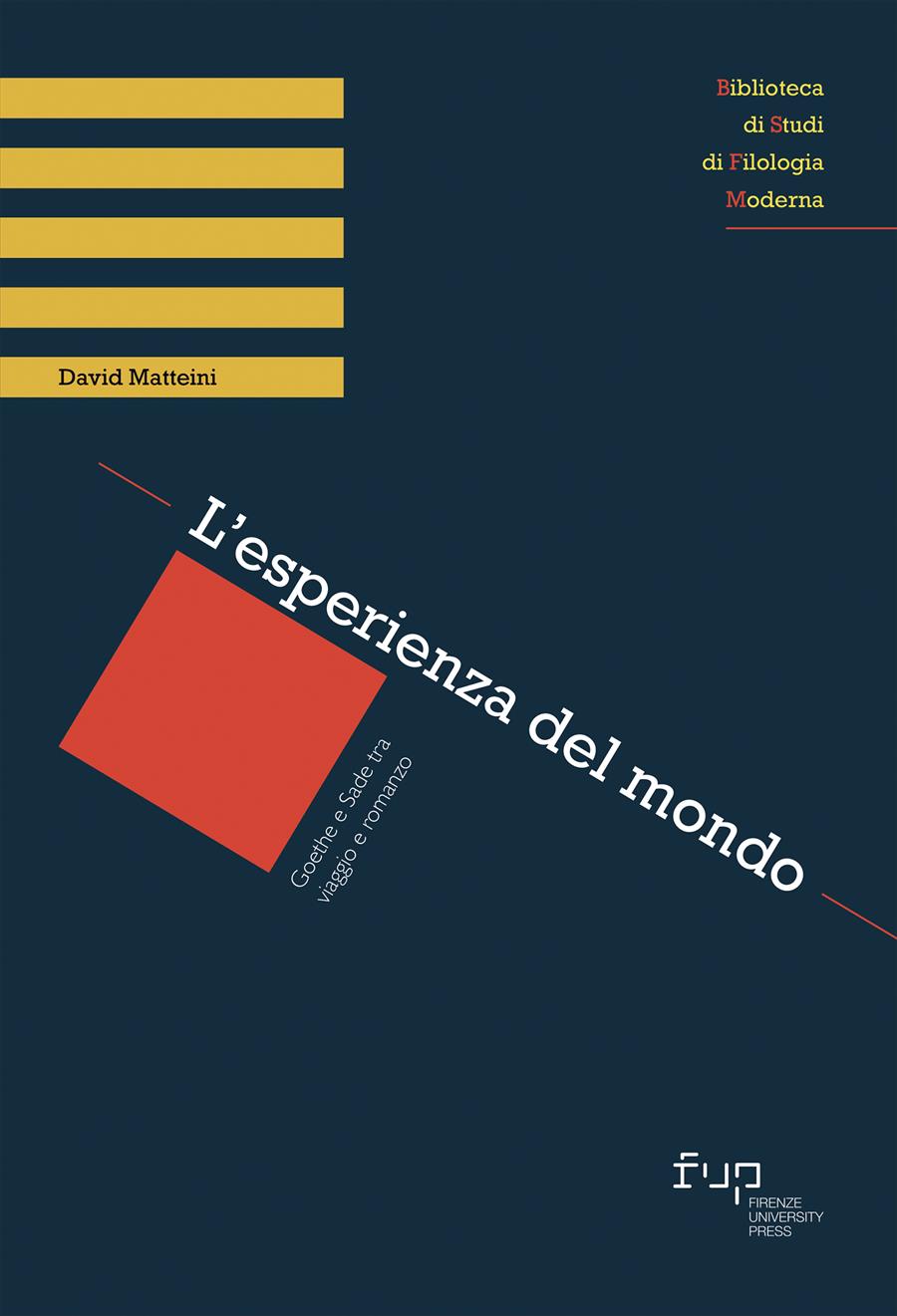The relentless body. L’impossibile elisione del corpo in Samuel Beckett e la noluntas schopenhaueriana
- Lorenzo Orlandini,
L’affermarsi prepotente del corpo, con i suoi istinti e le sue pulsioni, e uno sforzo teso a sopprimere quella stessa spinta: questa potente dialettica segna in maniera profonda le opere di Beckett, e si fa cruciale riflesso della più generale tensione tra una vana attesa della fine e la necessità di andare avanti. L’indagine ravvicinata dei testi suggerisce uno speciale legame con il pensiero di Arthur Schopenhauer, rivelando in particolare la contiguità tra il concetto di noluntas e la ricerca, da parte di molti personaggi di Beckett, della ‘will-lessness’, un peculiare stato di quiete e astrazione dalla realtà. Partendo da tali osservazioni, questo studio indaga il tema del corpo all’interno della poetica di Beckett soprattutto alla luce del suo rapporto con la teoria della volontà schopenhaueriana.
- DOI: 10.36253/978-88-6655-685-5
- Collana: Biblioteca di Studi di Filologia Moderna
- Comitato scientifico
- Lingua: Italiano
- Argomento: Letteratura anglo americana
- Download PDF
-

- © 2014 Author(s)
- CC BY-NC-ND 3.0 IT
- Anno di pubblicazione: 2014
- Pagine: 208
- eISBN: 978-88-6655-685-5
- Licenza d'uso: CC BY-NC-ND 3.0 IT
- © 2014 Author(s)
- Anno di pubblicazione: 2014
- eISBN: 978-88-9273-411-1
- Licenza d'uso: CC BY-NC-ND 3.0 IT
- © 2014 Author(s)
Informazioni bibliografiche
Titolo del libro
The relentless body. L’impossibile elisione del corpo in Samuel Beckett e la noluntas schopenhaueriana
Autori
Lorenzo Orlandini
Opera sottoposta a peer review
Anno di pubblicazione
2014
Copyright
© 2014 Author(s)
Licenza d'uso
Licenza dei metadati
Editore
Firenze University Press
DOI
10.36253/978-88-6655-685-5
eISBN (pdf)
978-88-6655-685-5
eISBN (xml)
978-88-9273-411-1
Collana
Biblioteca di Studi di Filologia Moderna
e-ISSN della collana
2420-8361






